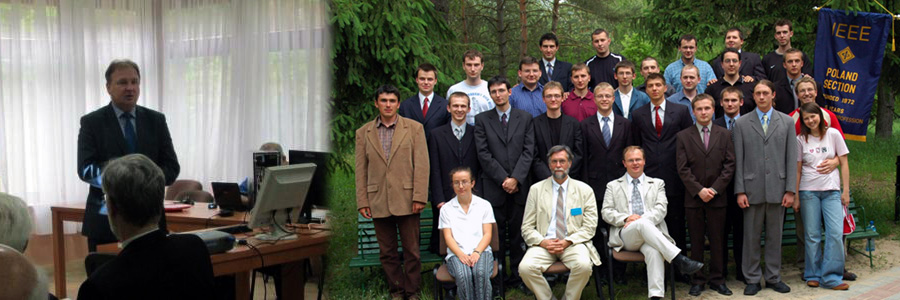
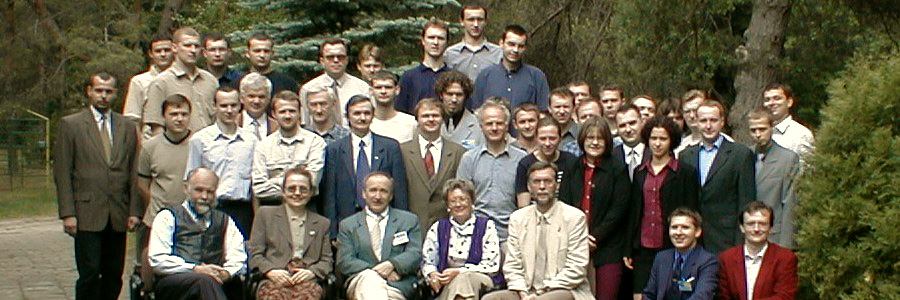

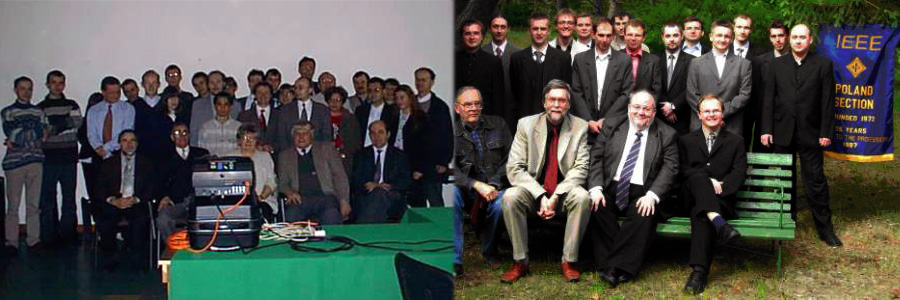

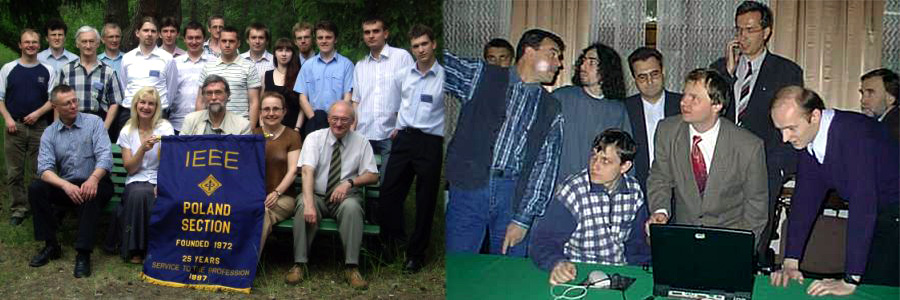
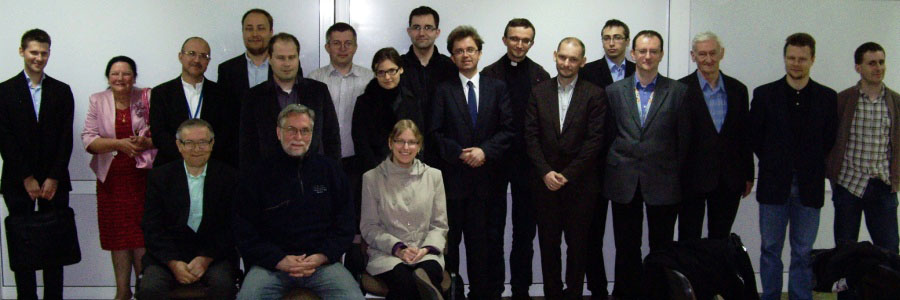

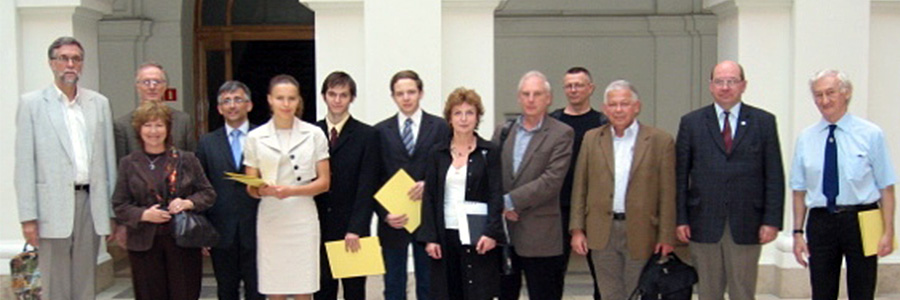



Load shifting with the use of home energy management system implemented in FPGA
T. Gratkowski, Bazydło G., Wermiński Sz.
The increases for power demand in the Electrical Power System (EPS) causes a significant increase of power in daily load curve and transmission line overload. The large variability in energy consumption in EPS combined with unpredictable weather events can lead to a situation in which to save the stability of the EPS, the power limits must be introduced or even industrial customers in a given area have to be disconnected, which causes financial losses. Nowadays, a Transmission System Operator is looking for additional solutions to reduce peak power, because existing approaches (mainly building new intervention power unit or tariff programs) are not satisfactory due to the high cost of services in combination with insufficient power reduction effect. The paper presents an approach to load shifting with the use of home Energy Management System (EMS) installed at small end-users. The home energy management algorithm, executed by EMS controller, is modeled using Unified Modeling Language (UML). Then, the UML model is translated into Verilog description, and is finally implemented in the Field Programmable Gate Arrays. The advantages of the proposed approach are the relatively low cost of reduction service, small loss of end-users’ comfort, and the convenient maintenance of EMS. A practical example illustrating the proposed approach and calculation of potential gains from its implementation are also presented.
Author: Grzegorz Bazydło









